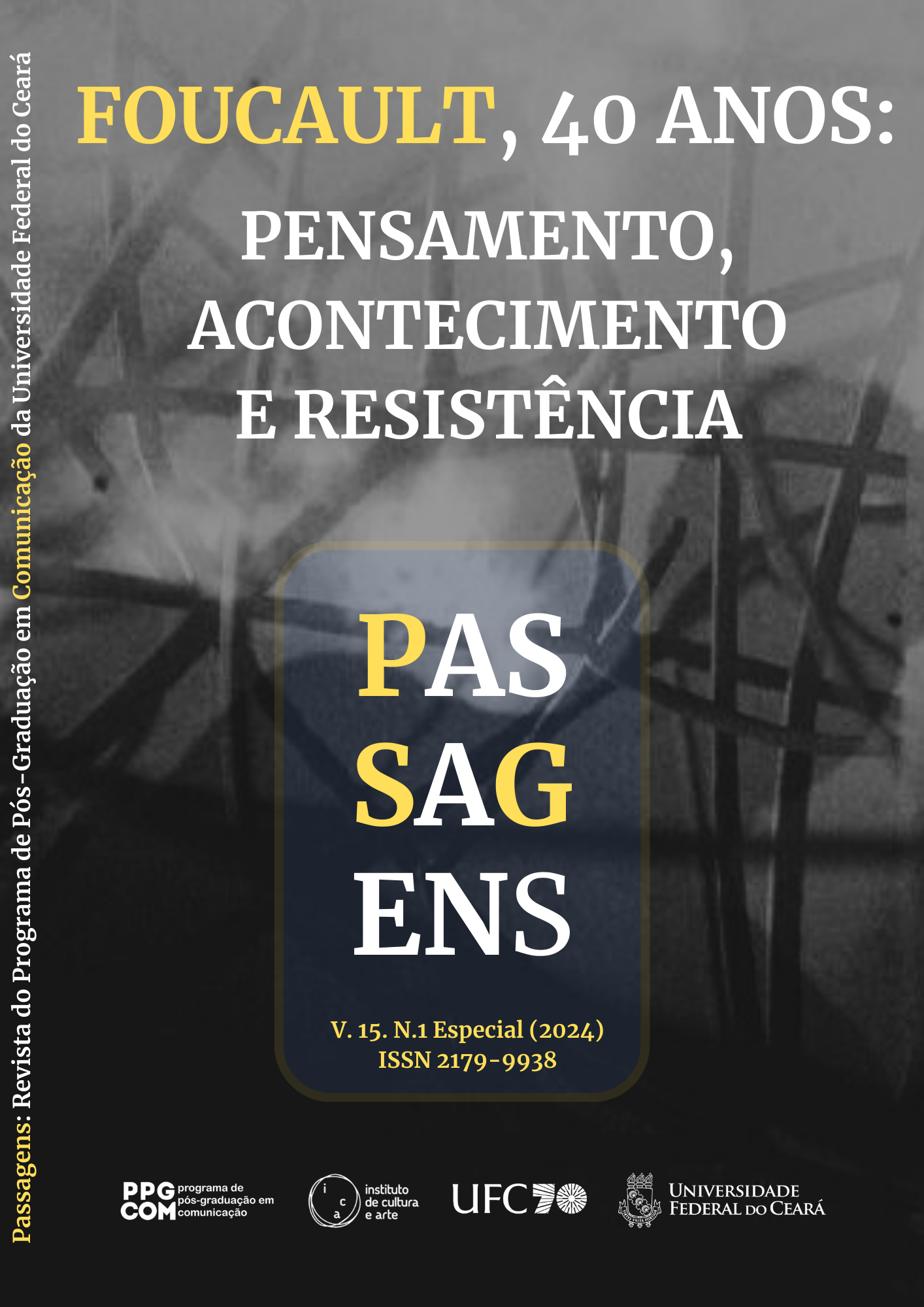Monstrosities and Normalization
A Foucauldian Analysis of Marginalized Identities in "Poor Things"
DOI:
https://doi.org/10.36517/psg.v15iespecial.93833Abstract
This article analyzes the film Poor Things (2023), directed by Yorgos Lanthimos, through the lens of Michel Foucault's theories on abnormality and monstrosity. The objective is to explore how these media representations impact the formation of subjectivities and the dynamics of power/knowledge in contemporary society. Foucault dedicated himself to studying the mechanisms of power that define and marginalize the "abnormal," revealing how society constructs and reinforces standards of normality. Through a literature review and content and critical analysis, the study examines how the film critiques the institutions that impose norms, highlighting the character of Bella Baxter as a symbol of resistance and a quest for autonomy. Bella challenges Victorian social norms and imposed behavioral standards, promoting a view of abnormality as an act of liberation. The article concludes that Poor Things uses the concept of monstrosity to question social norms and the mechanisms of control that shape identities, contributing to debates on media, philosophy, and gender studies.
Downloads
Published
How to Cite
Issue
Section
License
Copyright (c) 2024 Passagens: Revista do Programa de Pós-Graduação em Comunicação da Universidade Federal do Ceará

This work is licensed under a Creative Commons Attribution 4.0 International License.
A aceitação do trabalho para a publicação implica a transferência de direitos do autor para a revista, sendo assegurada a ampla disseminação da informação.

